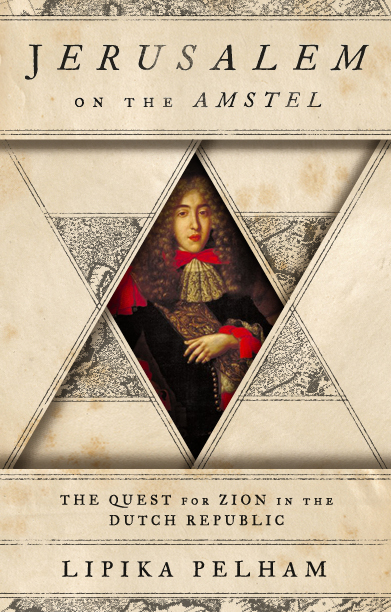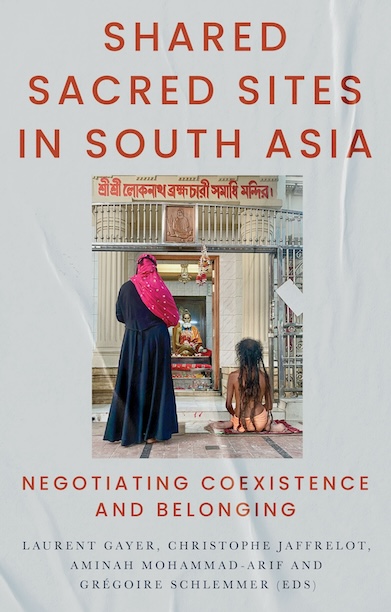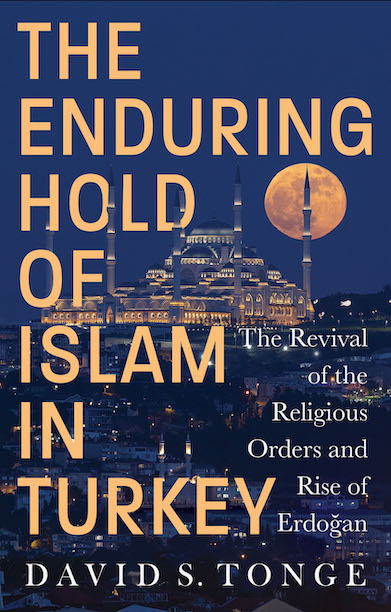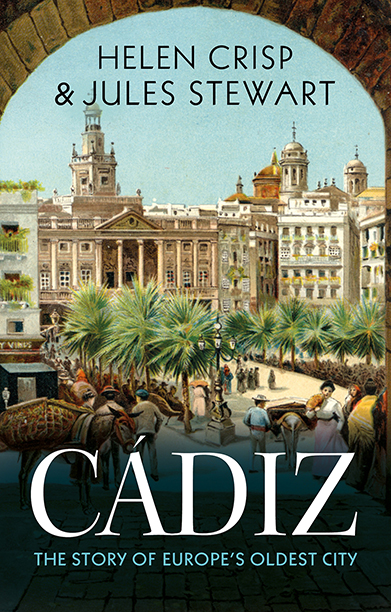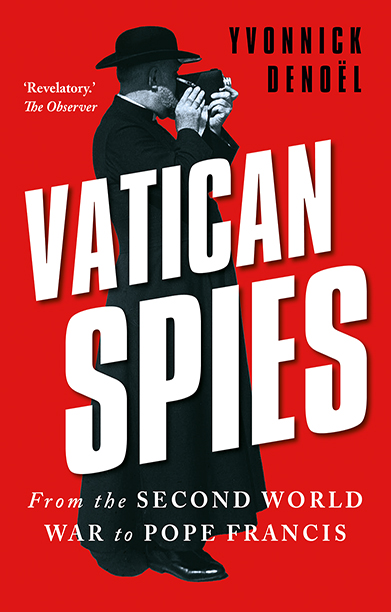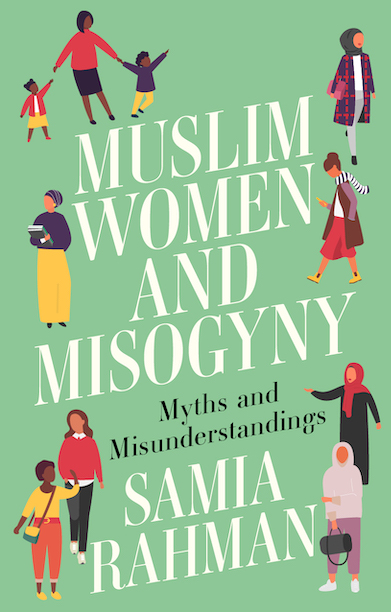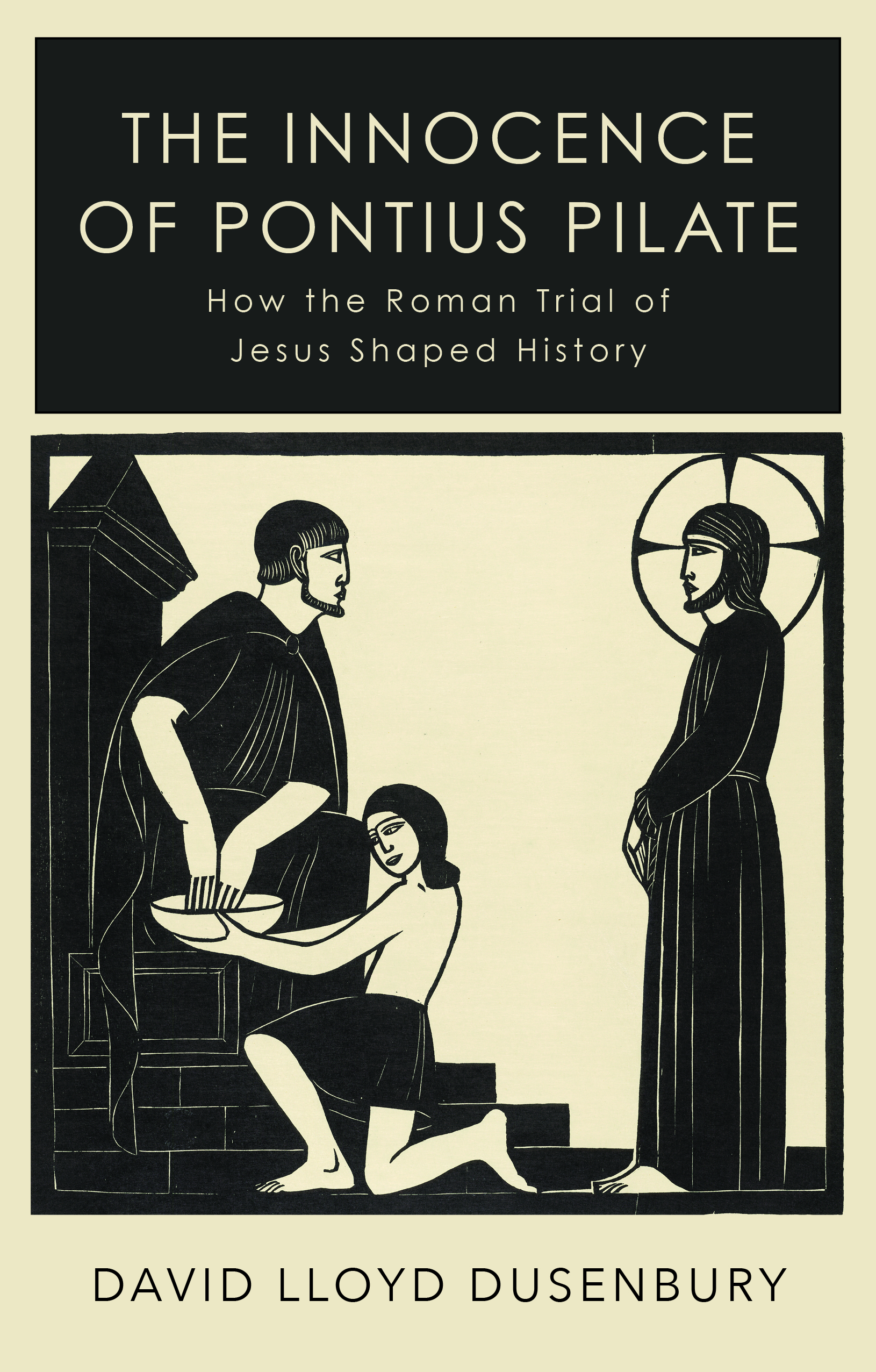Jerusalem on the Amstel
The Quest for Zion in the Dutch Republic
A fascinating history of Amsterdam’s unlikely Jewish ‘Nation’
Description
Seventeenth-century Amsterdam was a cosmopolitan ‘carnival of nations’: French Huguenots, North African merchants, Spanish Moriscos—and Iberian New Christians, formerly Jewish families forcibly converted to Catholicism, now fleeing the Inquisition and rediscovering their ancestral faith.
This is the extraordinary tale of Amsterdam’s prosperous Sephardi community during the Dutch Golden Age. Trading, writing, publishing, staging plays and being painted by Rembrandt, this Nação (Nation) of formerly wandering Jews not only settled but thrived, enjoying high status and unparalleled freedom. At a time when Dutch Catholics were repressed and Jews elsewhere were confined to the ghetto, this community dared to nurture the ‘Hope of Israel’, sowing the seeds of Zionism.
Lipika Pelham charts the captivating history of Amsterdam’s Jews, from their integral role in the Dutch economic miracle and the Enlightenment to a sombre coda in 1942, when the Nazis herded them into the ‘Jewish Theatre’ for deportation to the camps. But this was not the death of the resilient Nação—Pelham also seeks out its descendants in present-day Amsterdam, offering poignant reflection on the meaning of nationhood, the Holocaust and what remains of Jerusalem on the Amstel.
Reviews
‘Pelham’s part history, part oral record, paints a full portrait of a little-studied aspect of European Jewish history.’ — Publishers Weekly
‘A fascinating study, full of rich stories provoking wonderful, complex questions about belief and identity. Why did “New Christians” of many generations revert to Judaism in Amsterdam? Why was the Holocaust more devastating in Holland than elsewhere in Western Europe? And what does all this say about Dutch traditions of tolerance?’ — Giles Tremlett, The Guardian
‘From new arrivals to magnificence, from tolerance to acceptance, to a tragic end. Lipika Pelham recounts 300 years of Amsterdam’s Jewish history, wandering through the cemeteries, and reflecting on the Dutch Holocaust. Was it a lack of acceptance after all? Pelham explores all this with a light touch and a sorrowing heart. Not to be missed.’ — Rabbi Dame Julia Neuberger DBE
Author(s)
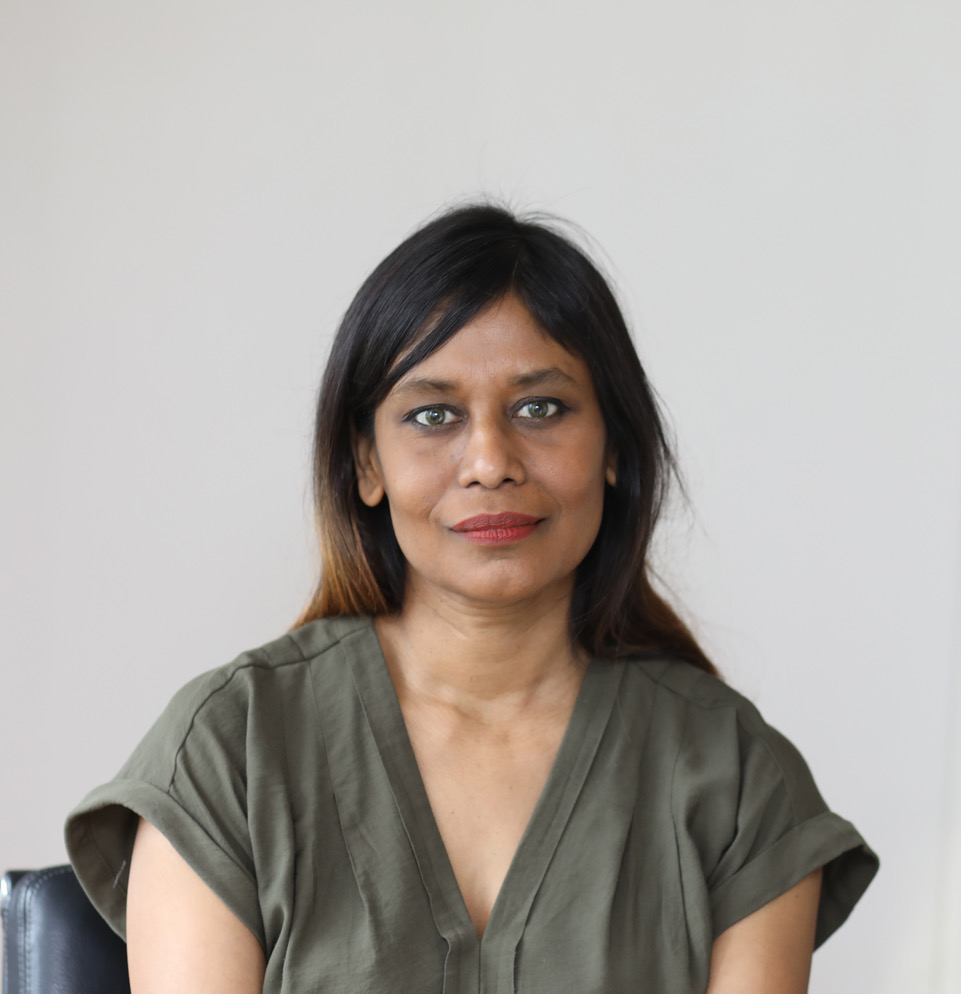
Lipika Pelham is a historian, journalist, documentary filmmaker and the author of Passing: An Alternative History of Identity; Jerusalem on the Amstel: The Quest for Zion in the Dutch Republic; Conversations Across Place, and The Unlikely Settler. She has recently completed a PhD commentary on Sephardi Jewish converts in Early Modern Amsterdam: The Quest for Zion In The Dutch Republic, at Westminster University, London. Lipika currently works on the news desk at BBC News Online, and BBC World Service, covering primarily Mideast news. She is also a globe-trotting Special Reporter for London-based Perspective magazine.
